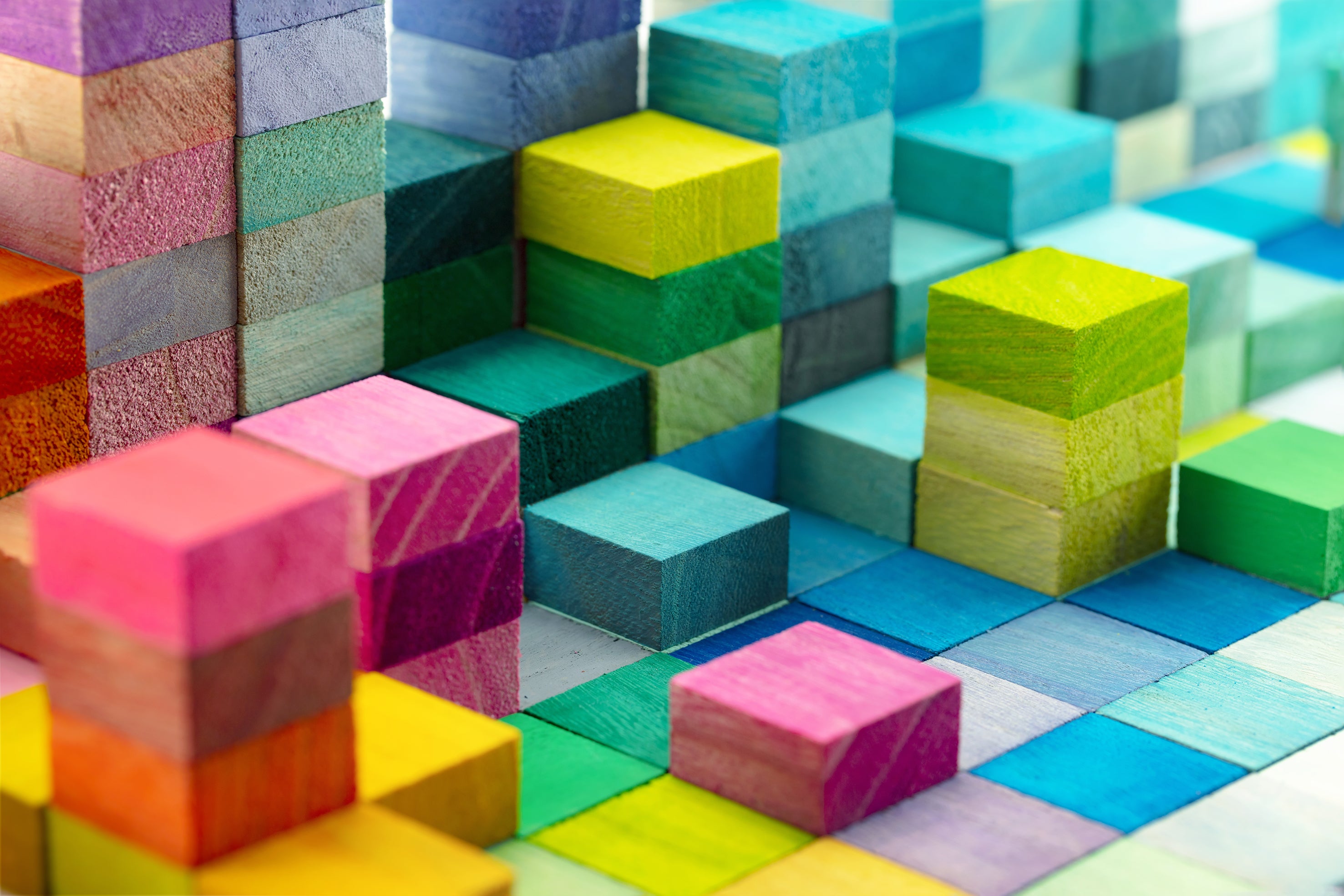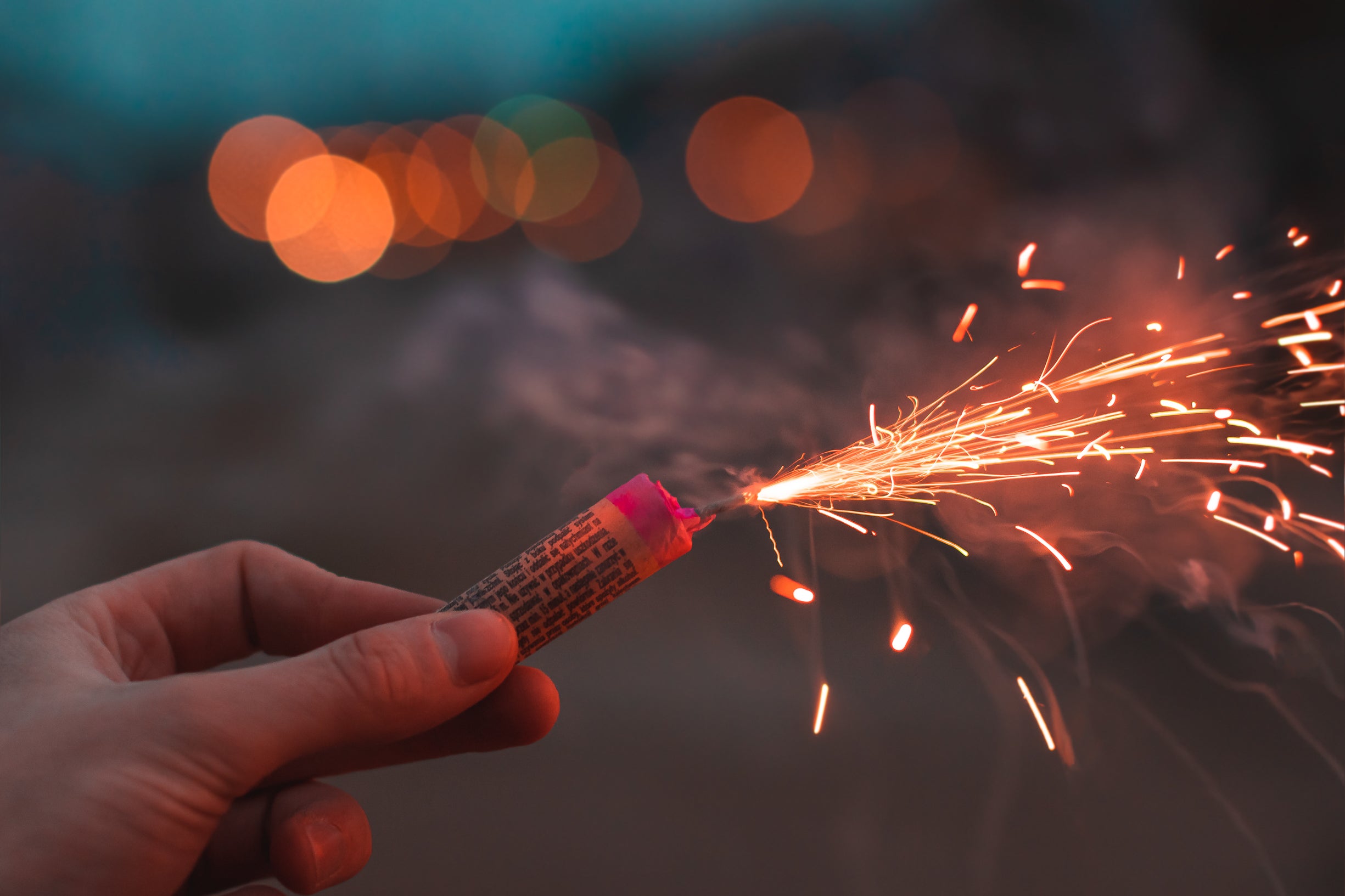As 2020 rolled around I felt I had reached an impasse. Years spent in a high pressure career in finance combined with the fulltime commitment of being a parent meant there was little time to to sit back and really take stock of where I was at in my life; particularly in regard to my wellbeing. Free time was something I’d never had and I realised that I didn’t know what to do with myself now that I’d been given the chance. I wasn’t used to the idea of investing in my own self-care, because I’d never been given the opportunity to do so in the past. We lose sight of who we are in the rush of traffic in day to day life. Are we all experiencing an idendity crisis?

But we all work, we all stress, we all seem to spend every minute of every day rushing between our work and home lives. To make things worse, now that we’re all working from home, weekends seemed to have lost their meaning, and the ‘new normal’ seems to mean it’s completely appropriate to spend Sunday evenings planning for a 9am Monday meeting.
When did we forget how to relax?
It’s all too easy to let your wellbeing go unchecked, but there comes a point where we all need to take a moment to breathe and reassess "What it is that we actually want from life?". Strangely enough it was the pandemic that gave me a chance to do this, and what I discovered, was that something wasn’t right. Friends joyfully explained that they were finally switching off. Enjoying the fresh air, the space and a bit of distance from work.
Not me. I just couldn’t relax. Not properly. As I’ve learnt since, relaxation, like everything else, takes practice, and this was certainly a practice that I’d spent the last twenty years neglecting.
Fortunately, I met Madeleine pre lockdown. As coincidence had it, she had opened her meditation and relaxation business, The Soul Spa, next door to my office. Taking this as a sign, I reached out to her and we got talking and soon enough I booked a session. I became obsessed with self discovery and found myself filling the time between sessions with Gabby Bernstein and Deepak Chopra books on Audible and Lee Baucom podcasts. I even booked a session with Marisa Peer RTT ((Rapid Transformational Therapy), to be shared in a later blog!).
Seven months later and I’m a completely different person. A calmer, more conscious, and most importantly, a happier person. I have found 'ME' for the first time in my life.
We’re currently living through the most stressful times that most of us can remember, I thought it was as good an opportunity as any, to sit down for a chat with Madeline. To reflect on the journey that I’d taken, the journey that she had taken and the ways in which the lessons I’ve learnt about myself can benefit others.
It’s no secret that meditation has always been treated with a degree of cynicism. Perhaps it’s because of the image. After all, how many of us are going to get the opportunity to sit on top a Himalayan mountain in the lotus position. More importantly, how many of us can actually get into the lotus position?
One of the most important aspects of my journey was the demystification of a practice that I had always had reservations about. In Madeleine’s opinion, for most people, the stigma that comes with the name is the initial turn off.
“I think it’s important that we reframe our perception of meditation, as for so many people the word itself generates a basket of ideas and images that are not always helpful.”
Madeline explained “I prefer to call what I offer mental relaxation. After all that’s the goal. To discover what true relaxation is through guided structured courses. Which might still sound a little vague and out there, but it’s really very simple in practice.”
Personally I came to see the practice of meditation as a form of brain training. But in the same way that you’d spend time training your body in a gym, it took time to strengthen my mind.
In Madeline’s opinion a fundamental misunderstanding of what relaxation is, is the first obstacle people come to. “The preconceptions about what true relaxation is don’t help. When you meditate, especially for the first few times, your mind is going to wander. You need to remember that the mind is made to wander. And by putting all of your efforts into preventing this from happening we’re doing the complete opposite of relaxing.”
This was something that really resonated with my own experiences. There were points early on where I was ready to concede defeat. I just didn’t think that I was doing it right. The one upside of the pandemic is that we’re spoilt for time, so I saw no reason not to persevere.
The realisation that relaxation was not a one size fits all business. Everyone’s wired differently, and this means we need to find a tailored approach to untangling those wires.
It wasn’t long before the breakthrough came, and for me it happened when I stopped trying to relax. But I suppose that’s the thing. That’s just me. People are complicated, and no two people are going to have the same experience. Fortunately, dealing with the worries of people who think they “aren’t meditating right” has become a daily occurrence for Madeline.
“It’s all about finding what works for you, and in that respect you’re spoilt for choice. In fact that was the catalyst behind the Soul Spa. The realisation that relaxation was not a one size fits all business.
Everyone’s wired differently, and this means we need to find a tailored approach to untangling those wires.
- Guided Meditation
- Hypno-Meditation
- iRest
Take the classes offered at Soul Spa for example. We provide what I’d call the classics. Zen meditation is perhaps what most people’s minds jump to when they hear the word meditation but clearing your mind in complete silence is an incredibly hard skill to learn. So we’ve developed a whole range of courses and sessions each devoted to different people with different issues. There’s Guided Meditation, where positive images and deliberate physical relaxation are used as a means of targeting specific stresses.

There’s hypno-meditation, where a practitioner will use light hypnotic techniques to lull you into a deeper and more receptive state before beginning to tackle your problems. And then there’s something we call iRest, a protocol which invokes deep physical relaxation to allow for strategically scheduled powernaps to force you to take a moment to disconnect.”
You only need to dig a little deeper to realise that this is only scratching the surface. The methods, and techniques are as numerous as they are varied. So, if one method is not working for you, I’d suggest you persevere in the first instance or experience different techniques until you find what's right for you.
For many of us, when it comes to anything even vaguely spiritual, someone’s word is not enough. It's the 21st century. We want figures, data, something tangible and measurable to combat what can often be seen as an inaccessible and opaque practice.
So what is meditation?
Well as Madeline made sure to stress, meditation isn’t magic; it’s a science. “Stress and its direct effect on the body isn’t something that’s up for debate. I could show you brain scans that show healthier levels and types of activity before and after a meditation session. You can only imagine the difference after a month. You start to access previously unused parts of your brain. Interestingly enough, parts that are central to decision making. If you want a more extreme example, I could show you Buddhist monks who have trained their minds not to feel pain. But I wouldn’t suggest that you attempt any fire walking too early on!”
“Forget enlightenment for a second. We meditate to achieve results. I have clients who have used meditation to fix issues with their skin, or to combat insomnia. I think the most surprising thing to me, at first at least, was the scale and breadth of its effectiveness. I’ve come to learn that meditation can not only benefit everyone’s mental and physical wellbeing, but is in fact an essential part of the human experience. Stress is released in the form of adrenaline and cortisol throughout the body.We meditate to achieve results. I have clients who have used meditation to fix issues with their skin, or to combat insomnia
Now in a bygone era, this was a survival instinct, a means of providing you with the energy and impetus to fight or to turn and run. This would give our ancestors the opportunity to burn off these chemicals. But nowadays most of us don’t have a release for stress. We produce these chemicals and our bodies just don’t know what to do with them. And they can make themselves known in any number of negative ways" such as poor decision making, irritability, lack of concentration, lack of creativity, insomnia, lack of energy, poor gut health, weight gain are some examples.
“The key thing to remember is that meditation isn’t about eliminating stress. It’s about shifting your perspective so that you look at stress in a different light. It doesn’t put an end to life’s hurdles, it just shows you how to clear them.”
For me it didn’t take long to start noticing the changes. Eventually they were unavoidable bleeding into every aspect of my day. When we are relaxed, we are open. Open to finding new methods of dealing and coping with the things that up until now had been a source of stress and anxiety. Open to new ideas and possibilities that we would have once considered out of reach. My epiphanic moment was on 7th July 2020 at 3am in the morning, I was awoken wth a idea of Blanck Living.
We create new pathways in the brain that put us in a better position to find creative solutions for whatever challenges we may face.
The whole process is about becoming familiar with our own minds so that we can adopt new and more beneficial practices. Getting to a point where instead of resorting to panic as our first line of defense, we take the necessary steps to regain control. We create new pathways in the brain that put us in a better position to find creative solutions for whatever challenges we may face.
Through this, we gain the rare and advantageous opportunity of being able to look at ourselves and the things we do without bias, prejudice or guilt and to set about practical methods of improving our own standing.
“I think the craziest thing is despite all the questionable PR baggage, scientifically meditation is one of the most legitimate and proven means of achieving the quality of life that we all deserve. But I think it’s only a matter of time before it receives the attention it needs. Hopefully one day mind gyms like the Soul Spa will be as common as regular gyms. I think the most important thing to bear in mind is that your mind controls everything you do, and everything you experience. Fix that and you’ll quickly find that everything else falls into place.”
As far as I’m concerned, the promise of being able to change every aspect of your experience, at the cost of fifteen minutes silence a day, seems like one hell of a deal.
Meditation isn’t inaccessible, unattainable, unsubstantiated or any of the things that we all think after our first failed attempt at achieving perfect clarity in a busy family home. It’s a practice, and in my opinion, an essential one, that takes little time, a little work and just a little belief to achieve life changing results.
There’s a simple reason devotees of meditation may appear evangelical. They have discovered the life changing benefits that meditation can unlock, and its something that once experienced – you cannot help but want to share with others. Without my experience of meditation this summer, Blanck Living wouldn't have been born and for Madeline, The Soul Spa wouldn't exist.
If you would like to find out more about The Soul Spa, click on the logo below.
To help you on your meditation journey Blanck Living have created the Beautiful Dagmar Cushion:







Share: